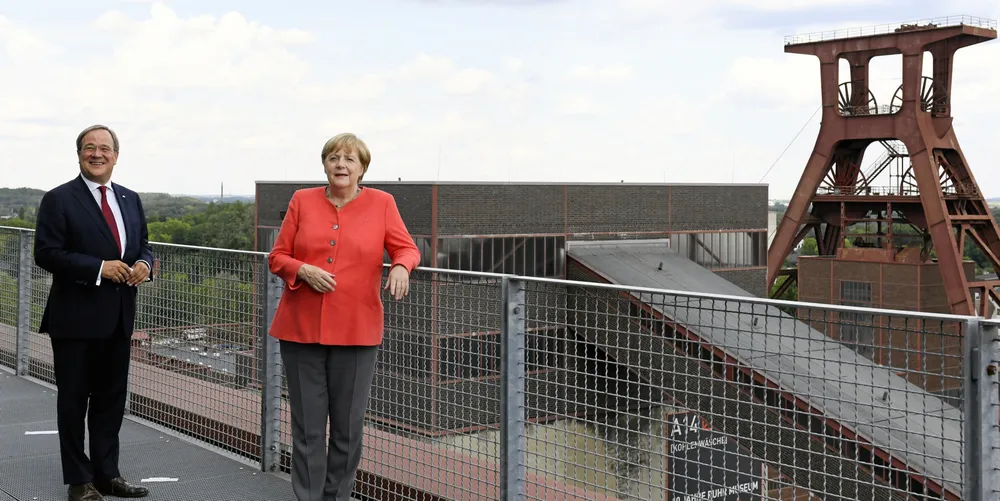German conservatives pick coal-friend Laschet as candidate to succeed Merkel
State premier of North-Rhine-Westphalia to run against Annalena Baerbock from the Greens and finance minister Olaf Scholz from the Social Democrats

State premier of North-Rhine-Westphalia to run against Annalena Baerbock from the Greens and finance minister Olaf Scholz from the Social Democrats
